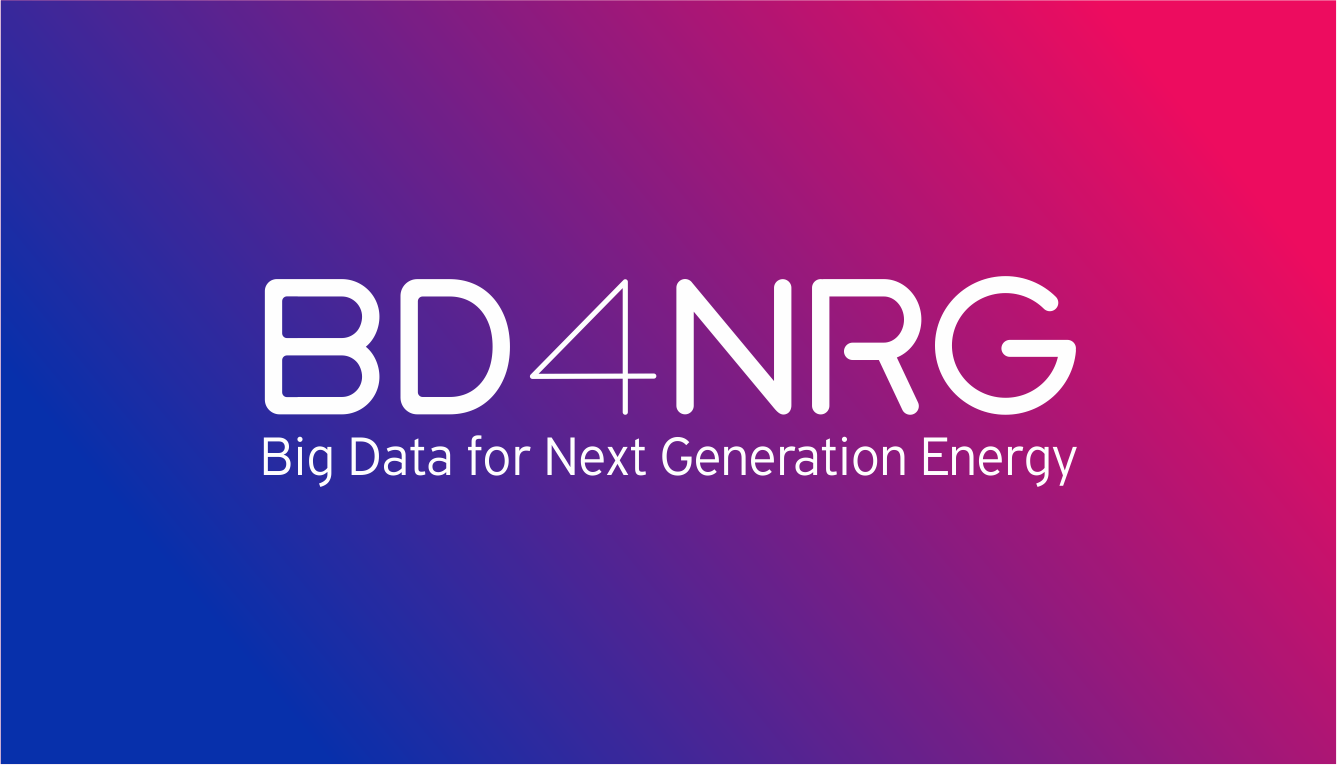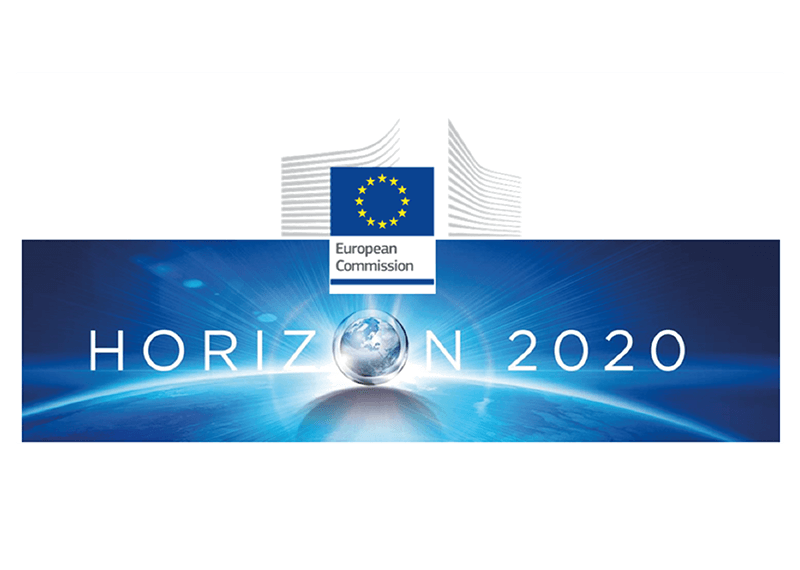Borzen is very much involved in the events of the Slovenian and European energy market. We believe that the integration and collaboration of different actors, along with their skills and experience, can create added value.
Listed below are some projects in which we were or still are participating.
BD4NRG: Big Data for Next Generation Energy
In the beginning of 2021, the BD4NRG: Big Data for Next Generation Energy was launched under the EU’s multiannual framework program for research and innovation, the so-called Horizon 2020. The project consists of 34 partners from 15 European countries. In addition to Borzen, the consortium from Slovenia also includes the Faculty of Electrical Engineering of the University of Ljubljana, ELES, Elektro Ljubljana and Comsensus. The project integrates the area that offers many untapped opportunities for energy market participants in exploiting the large amount of data generated by the operation of energy systems and the opportunities by the new field of artificial intelligence. These opportunities can be used to improve decision-making powers and the operation of energy systems and markets, as well as to take decisions on planning investments and network operations in the future.
The vision and main objective of the BD4NRG project is to develop and demonstrate an innovative modular analytical energy-oriented tool for smart grids, which will manage large amounts of data (“Big Data”) with high time granularity, as well as near-real-time transmissions. This aims to achieve the support for technical and economical optimal performance of the electronic system. This will include optimal risk management to achieve energy efficiency, investment planning, optimal energy infrastructure management, as well as improved efficiency and reliability of the electricity grid. All this will contribute to the fair pricing of electricity for consumers, while, essentially, ensuring the energy-data sharing.
Borzen will participate in one of the large-scale pilots in cooperation with Elektro Ljubljana and Comsensus. The objective of the pilot is to show the coordinated operation of network elements and elements connected behind the electricity meter in order to improve the operation of the network and, at the same time, account for the operation of one segment of the electricity market as close as possible to real time. The project also addresses the issue of aggregators, which is one of the key elements of the forthcoming change in the market model in accordance with the “Clean Energy for All Europeans” package. The project is expected to be completed by the end of 2023.
More information about project

Project FARCROSS
Project Farcross (FAcilitating Regional CROSS-border Electricity Transmission through Innovation) was successful at the H2020 tender LC-SC3-2018-2019-2020 (Building a low-carbon, climate resilient future: secure, clean and efficient energy). A consortium of 30 companies, including Borzen, is led by the Greek company Ubitech.
The basic purpose of the project is to optimize the use of physical (cross-border) electricity infrastructure with the aim of developing solutions that would increase possible power flows on the same physical infrastructure (cross-border lines). In order to achieve goals in the field of energy, the European Union must create the best possible functioning internal market, and one of the main obstacles is suboptimal cross-border connections. A large market facilitates competition and improves security of supply, as it facilitates, among other things, the integration of renewable energy sources into the system. To this end, cross-border electric power system infrastructure should operate similarly to internal infrastructure, while in practice this is often not the case (for example changing cross-border capacity allocation due to internal network problems). The FARCROSS project will approach this from the point of view of the development of new hardware and software solutions that would enable better use of infrastructure, as well as through the review of possible obstacles in regulation.
The project received funding from the development and innovation program of the European Union Horizon 2020, under the Grant Agreement no. 864274; tender number LC-SC3-ES-2-2019.
The project has started on October 1, 2019 and ended on September 30, 2023.
More information about project

The STREAM project
On October 1, 2022 the STREAM project started as part of the EU's research and innovation funding programme Horizon Europe. Besides Borzen, there are 20 partners from six different European countries involved in the STREAM project, whereas the leader of the consortium is the Faculty of Electrical Engineering, University of Ljubljana.
STREAM project aims to create an innovative and robust flexibility ecosystem (“STREAM Ecosystem”) on the low voltage (LV) grid side of existing power markets connecting data, technologies, stakeholders and markets, thus facilitating the flexibility provision. The key added value of the project will be the preparation of new business models linked to the flexibility (these business models are currently not fully developed). The project will demonstrate six different tools across four pilot sites (Spain, Finland, Italy and Slovenia), and will cover the geographical, economic, size and type of diversity of customers. These tools will enable the project to achieve its objective of establishing an exible ecosystem that will enable the integration of renewable energy sources into the power system while ensuring reliable and secure operation.
Borzen will participate in different sets of projects, but especially in the setting up of the STREAM ecosystem (work package WP4), where it will play a major role in examining the regulatory aspect of the relationships (end user, flexibility service/aggregator and other stakeholders) in the light of the development of (local) flexibility markets. In addition, Borzen's task will be to prepare a framework for the creation of a national register of flexibility, which will include all flexible devices within the work package WP4.
This project has received funding from the European Union’s Horizon Europe research and innovation programme under the grant agreement Nº 101075654, Horizon-CL5-2021-D3-02.
The project will last for 48 months and will end on October 1, 2026.
More information about project
Past projects